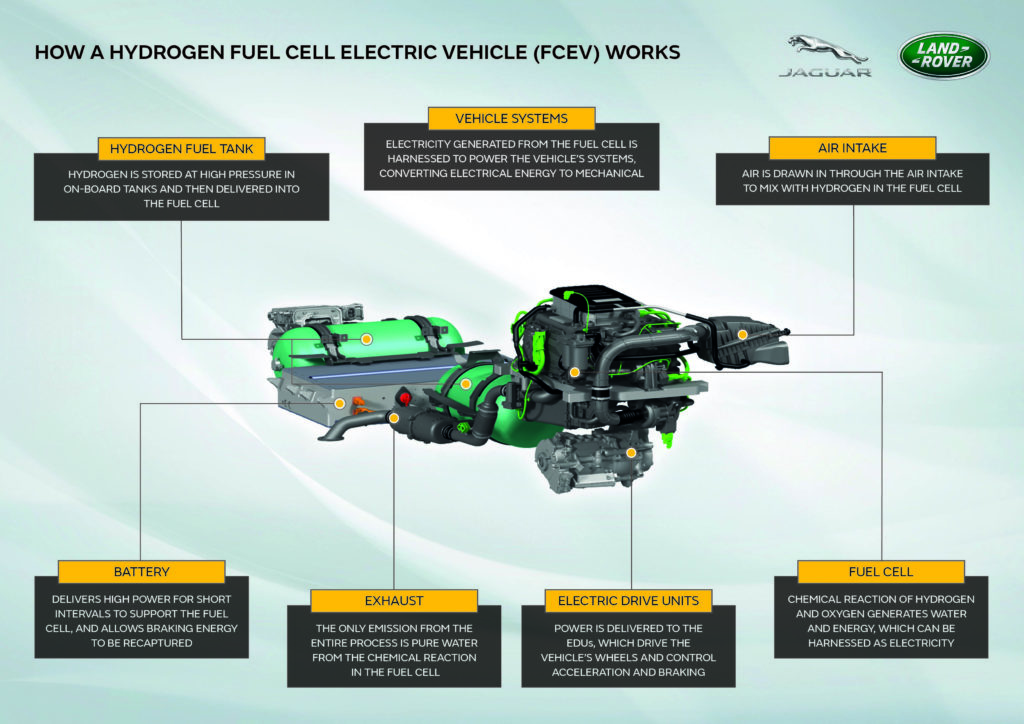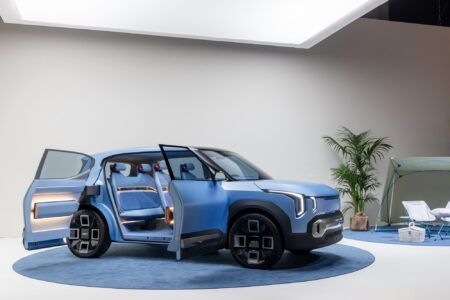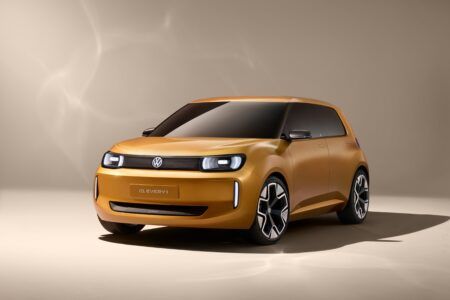Jaguar Land Rover is developing a prototype hydrogen fuel cell electric vehicle (FCEV) based on the new Land Rover Defender, with testing scheduled to begin this year.
The FCEV concept is part of Jaguar Land Rover’s aim to achieve zero tailpipe emissions by 2036, and net zero carbon emissions across its supply chain, products and operations by 2039, in line with the Reimagine strategy announced last month.

FCEVs, which generate electricity from hydrogen to power an electric motor, are complimentary to battery electric vehicles (BEVs) on the journey to net zero vehicle emissions. Hydrogen-powered FCEVs provide high energy density and rapid refueling, and minimal loss of range in low temperatures, making the technology ideal for larger, longer-range vehicles, or those operated in hot or cold environments.
Since 2018, the global number of FCEVs on the road has nearly doubled while hydrogen refueling stations have increased by more than 20%. By 2030, forecasts predict hydrogen-powered FCEV deployment could top 10 million with 10,000 refueling stations worldwide.
Jaguar Land Rover’s advanced engineering project, known as Project Zeus, is part funded by the government-backed Advanced Propulsion Centre, and will allow engineers to understand how a hydrogen powertrain can be optimized to deliver the performance and capability expected by its customers: from range to refueling, and towing to off-road ability.
Speaking about the Project Jon Beasley, APC Business Development and Programmes Director, said: “If the UK is to succeed in creating a net-zero automotive landscape by 2050 then we are going to need a diverse portfolio of technology to meet the varying needs and purposes of the vehicles we drive.
“The Land Rover Defender is an iconic vehicle and has always had to perform a range of roles in different environments. Hydrogen fuel cell technology provides alternative solutions to many of the challenges associated with battery electric vehicles, such as range, quick refueling needs and access to charging infrastructure.
“Successful testing will provide a real understanding of the opportunities for the growth of FCEV production in the UK as we transition away from traditional internal combustion engines, which will, in turn, sustain or create jobs not only for vehicle production but also the supporting supply chain.”
ZEUS project is one of 19 hydrogen projects currently being funded by the APC with a combined investment of just under £70m.
The zero tailpipe emission prototype New Defender FCEV will begin testing towards the end of 2021 in the UK to verify key attributes such as off-road capability and fuel consumption.
To deliver Project Zeus, Jaguar Land Rover has teamed up with world class R&D partners, including Delta Motorsport, AVL, Marelli Automotive Systems and the UK Battery Industrialisation Centre (UKBIC) to research, develop and create the prototype FCEV.
Ralph Clague, head of hydrogen and fuel cells for Jaguar Land Rover, said: “We know hydrogen has a role to play in the future powertrain mix across the whole transport industry, and alongside battery electric vehicles, it offers another zero tailpipe emission solution for the specific capabilities and requirements of Jaguar Land Rover’s world class line-up of vehicles. The work done alongside our partners in Project Zeus will help us on our journey to become a net zero carbon business by 2039, as we prepare for the next generation of zero tailpipe emissions vehicles.”





